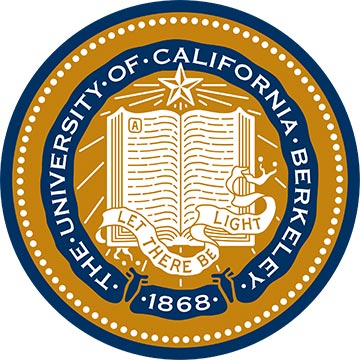UC Berkeley Plans to Make 2018 Its “Free Speech Year”
UC Berkeley chancellor Carol T. Christ has announced that the 2017-2018 academic year will be a “Free Speech Year” on campus.

UC Berkeley has struggled to preserve freedom of speech on campus in recent years.
The move comes after the college struggled with freedom of speech clashes between the liberal majority and the conservative minority of the student body during the 2016-2017 academic year.
Milo Yiannopoulos had to cancel a speaking engagement after protests against his appearance turned violent. Ann Coulter also had to cancel her speaking engagement after her on-campus sponsors pulled out of the event.
“We would be providing you less of an education, preparing you less well for the world after you graduate, if we tried to protect you from ideas that you may find wrong, even noxious,” chancellor Christ announced to a gathering of 9,500 new students, as reported by the LA Times.
Milo Yiannopoulos has vowed to return to campus, even announcing plans to camp out in UC Berkeley’s iconic “tent city” in the Sproul Plaza. Conservative commentator Ben Shapiro will also visit the university in September.
Christ reassured students, speakers and parents that a new security policy is in place to accompany the “Free Speech Year,” one in which campus police will provide detailed security assessments prior to any large speaking events that could endanger public safety. The hosting organization for any speaker will incur the costs associated with the security assessment.
“Particularly now, it is critical for the Berkeley community to protect this right; it is who we are,” Christ said. “That protection involves not just defending your right to speak, or the right of those you agree with, but also defending the right to speak by those you disagree with, even of those whose views you find abhorrent.”


To the delight of demagogues, “free speech” refers to two distinct areas of human activity. One of these areas is the realm of the academy – the search for truth. It is a good idea for academies to entertain opposing views on the nature of things so that scholars can debate and sort through them, separating the wheat from the chaff, if only in their own minds.
But the search for truth has no need for emotions. Hate speech simply is not part of the search for truth. Drawing the line between scholarship that can be used by haters – The Bell Curve, say – and hate speech itself is not always easy, but the search for truth in academia can get along well enough with senior academicians drawing that line, separating unpopular research from bigotry and demagogues from unpopular thinkers. Academia is, at the end of the day, a competitive arena, and those places that support most effectively the search for truth will attract the most seekers of truth.
The other area of activity in which “free speech” matters is governance in a democracy, including a democratic republic such as the USA. Unlike academia, however, the public square is not exclusively concerned with a search for truth. Rather, voters must not only know what competing ideas are held, but who holds them and with what vehemence. Thus, free speech serves democracy not just by affording robust debate, but also by revealing what ideas are abroad in the land and, in many cases, who holds those ideas and how strongly. So, whereas hate speech has no place on campus, hate speech may be the most important speech in the public square, because hate speech is the surest way for the opponents of hate to learn what they need to know about their enemies.
Demagogues tend to conflate these two areas of activity to suppress unpopular speech, saying things like “hate speech does not advance the search for truth,” so it should not be allowed. But that argument does not work where the audience is not searching for truth but is, indeed, trying to find out who the wackos are and what they are saying.
As in academia, there are lines to be drawn. Language nerds refer to “performative” words – statements that can be understood as actions, not merely opinion. Some performative words are benign – “I do” comes to mind – and others are malignant – “Let’s lynch him!” – fits that description. Incitement to violence is a crime, but saying something that others’ use to rationalize violence is not. That line may be thin, but the search fort truth is not implicated in the process. It makes no difference how edifying a claim is; I want to know it’s being made.
The ridiculous idea recently expressed in a NY Times Op-ed piece, that free speech of the wealthy should be suppressed because the poor can’t afford to express themselves is totalitarian hooey. I do, however, applaud the ACLU’s position on armed rallies. Armed marchers tip the scale away from argument to incitement. The First Amendment protects the right of the people peaceably to assemble. Armed rallies seem to me on the wrong side of that protection, and the judgement of authorities that an armed mob’s speech will be “incitement” seems to me powerful enough to overcome the need for us to know what these people think.